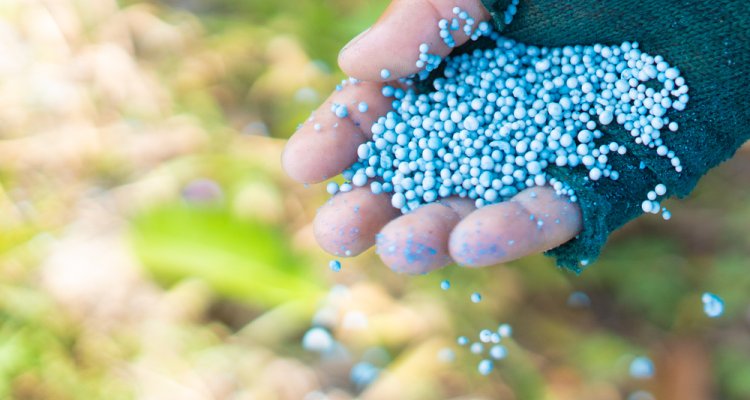
PhD defence
Impacts of management, climate and soil properties on nitrogen use efficiency and soil acidification in croplands in China
Summary
High nitrogen (N) fertilizer inputs enhance leaching of nitrate associated with base cations, leading to soil acidification and on the long term to yield suppression due to low pH values. The soil acidification rates and related pH decline are highly controlled by fertilizer management (dose and type) and climate, which affect the N use efficiency, and by soil properties determining the acid neutralizing capacity of soil. Replacing mineral N fertilizer by manure mitigates soil acidification by the additional input of base cations, but the input of phosphorus (P) with manure may cause unwanted P accumulation. In this thesis, I investigated the impacts of fertilizer and manure management on N use efficiency and soil acidification rates in long term experiments in China, accounting for differences in land use, soil properties and climate. In addition I quantified the spatial variation in optimal fertilizer, manure and lime management rates across China’s croplands by simultaneously minimizing N and P surpluses and soil acidification.